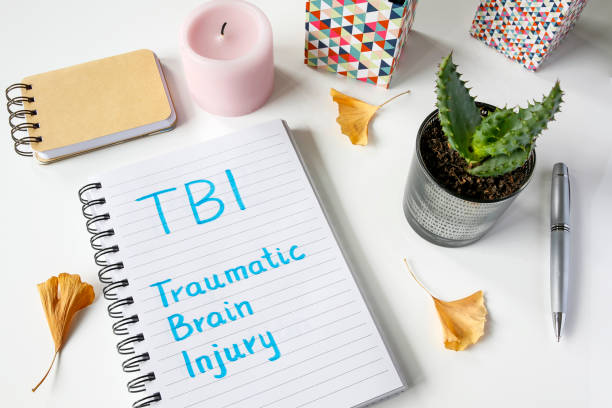Nearly three decades after a task force with The American College of Rehabilitation Medicine established a definition of a mild traumatic brain injury, they’ve updated these guidelines to include concussions. Since 1993, the outdated definition of mild traumatic brain injury (mTBI) and concussion has confused patients and medical professionals.

With more clear connections between these two conditions, our professionals thought it would be important to explain the differences between a person diagnosed with a mild, moderate, or severe TBI as well as how their traumatic brain injury affects daily life and their quality of life.
Mild Traumatic Brain Injury (mTBI):
A mild TBI involves a brief alteration in consciousness or mental state after head trauma, and it is typically associated with a Glasgow Coma Scale (GCS) score of 13-15. Individuals with mTBI may experience headaches, difficulty concentrating, and memory problems, which can interfere with work or academic performance.
As of 2019, it is now easier for a concussion to be classified as a mild or moderate traumatic brain injury (TBI) by medical professionals, depending on the severity and persistence of symptoms.
Moderate Traumatic Brain Injury (modTBI):
A moderate TBI is characterized by a GCS score of 9-12, indicating a loss of consciousness for a prolonged time or amnesia after the head injury. People with modTBI may exhibit significant cognitive impairments, such as memory deficits, mood swings, difficulties with problem-solving, and challenges with motor coordination, leading to difficulties in independent living and requiring rehabilitation and support.
Severe Traumatic Brain Injury (sTBI):
A severe TBI involves a GCS score of 3-8, indicating an extended period of unconsciousness or coma after the injury. Individuals with sTBI may experience profound physical, cognitive, and behavioral impairments, such as paralysis, significant memory loss, difficulty with speech or language, and mood disturbances, and require extensive rehabilitation, long-term care, and support from caregivers.
It’s important to note that the effects of TBI can vary from person to person, and these examples provide a general overview of how each stage can impact daily life. If you or a loved one is looking for customized living services that offer 24/7 support, Options Residential can help you.

